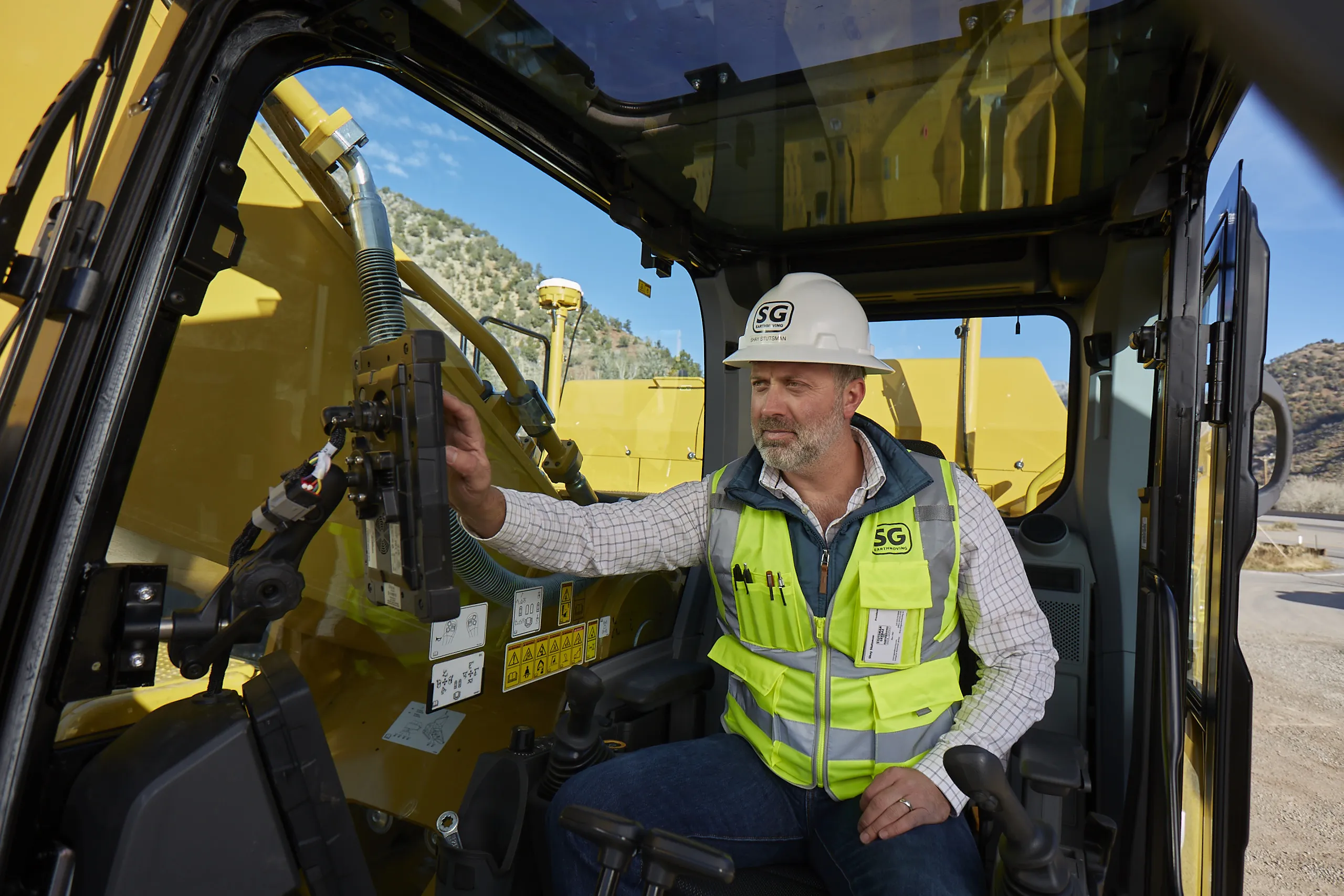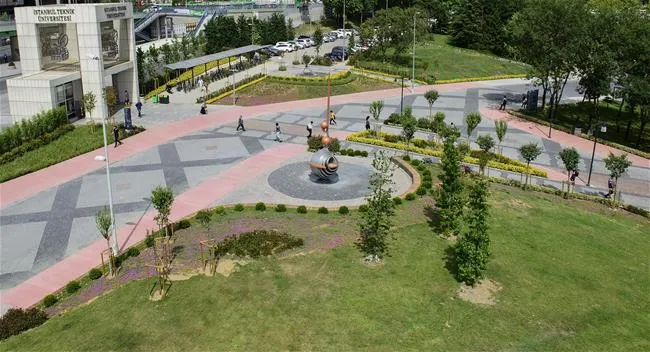Researchers at Oxford University in the UK have developed an autonomous vehicle based on a 'Wildcat' vehicle built by BAE Systems. Supported by the Engineering and Physical Sciences Research Council (EPSRC), and in collaboration with BAE Systems and Nissan, Professor Paul Newman of Oxford University's Department of Engineering Science, is leading the US$2.2 million research project."Our long-term aim is to enable a new generation of robotic vehicles that can make the roads safer, less congested, cleaner, an
May 4, 2012
Read time: 1 min
Researchers at Oxford University in the UK have developed an autonomous vehicle based on a ‘Wildcat’ vehicle built by 3948 BAE Systems. Supported by the Engineering and Physical Sciences Research Council (EPSRC), and in collaboration with BAE Systems and 2454 Nissan, Professor Paul Newman of Oxford University’s Department of Engineering Science, is leading the US$2.2 million research project.
“Our long-term aim is to enable a new generation of robotic vehicles that can make the roads safer, less congested, cleaner, and personal transport more accessible,” he said. “The good news is we are not doomed to a future of traffic congestion and accidents. In the future autonomous robotic vehicles, using systems similar to those we are developing, will get us safely and efficiently from A to B whilst taking the load off their human drivers,’ Professor Newman said.
“Our long-term aim is to enable a new generation of robotic vehicles that can make the roads safer, less congested, cleaner, and personal transport more accessible,” he said. “The good news is we are not doomed to a future of traffic congestion and accidents. In the future autonomous robotic vehicles, using systems similar to those we are developing, will get us safely and efficiently from A to B whilst taking the load off their human drivers,’ Professor Newman said.









